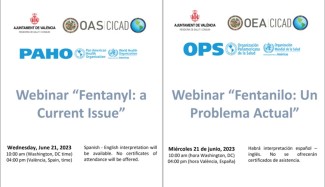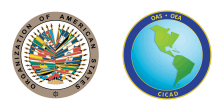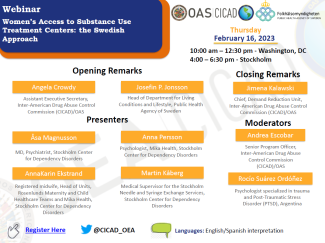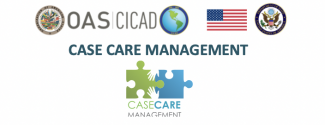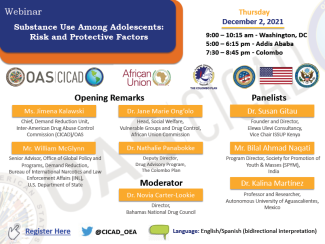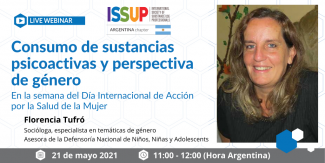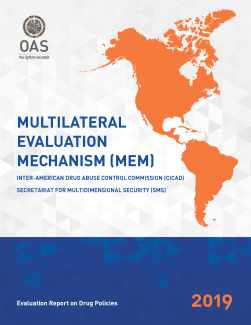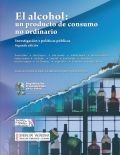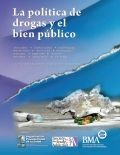Fentanilo: un problema actual / Fentanyl: a current issue
Podle Světové zprávy o drogách z roku 2022 představuje nelékařské užívání opiátů, jako je fentanyl, značné riziko pro celosvětové zdraví. Opiáty zůstávají nejsmrtelnější skupinou psychoaktivních látek, které představují dvě třetiny úmrtí souvisejících přímo s drogami, především předávkování. Kromě toho byl fentanyl a jeho analogy přítomny v 90 % definovaných denních dávek syntetických opioidů zadržených v roce 2020.
